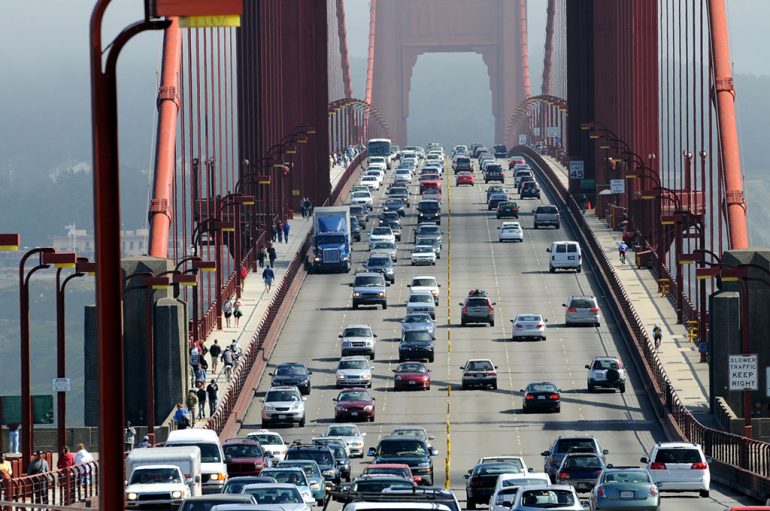
General Motors (GM) warned that the Biden administration’s proposed changes to vehicle emissions rules could result in significant penalties for the auto industry by 2031. GM estimated potential penalties ranging from $100 billion to $300 billion, or $1,300 to $4,300 per vehicle, depending on the enactment of an Energy Department proposal related to electric vehicle fuel economy rating. However, the National Highway Traffic Safety Administration dismissed GM’s estimates as speculative and inaccurate.
The Biden administration officials presented a different perspective, suggesting that the auto industry might face around $3 billion in fuel economy penalties in 2032 or possibly no penalties at all. They highlighted the potential benefits of the rule, such as saving consumers more than $50 billion on fuel and significantly reducing oil consumption through 2050.
Also, don’t forget that you can get discounted new car pricing with a free quote through qualified local dealer partners.
GM previously pledged to stop selling new gasoline-powered vehicles by 2035 but expressed concerns about complying with the EV efficiency rules and vehicle emissions regulations. Despite their reservations, GM stated their willingness to engage in further technical discussions with the EPA and the White House as the rule is finalized.
The National Highway Traffic Safety Administration plans to release its proposal to increase Corporate Average Fuel Economy (CAFE) requirements for 2027 and beyond, following the Environmental Protection Agency’s proposal to toughen standards for 2027-2032. The proposed EPA standards aim for a 56% emissions reduction, resulting in 67% of new vehicles being electric by 2032.
Automakers, including GM and Chrysler parent Stellantis, have faced significant civil penalties for failing to meet CAFE requirements in previous model years. The penalties apply to the entire vehicle fleet that does not meet the standards. To meet requirements, automakers can buy credits from other manufacturers or sell electric vehicles to offset non-compliant vehicles.
Source: Reuters